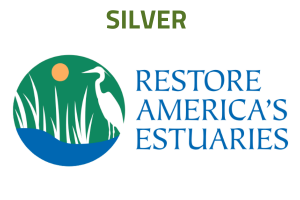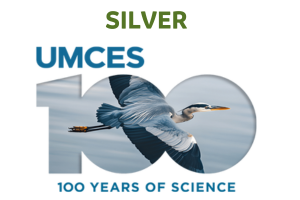"Reasons for Hope" Town Hall
Monday, 13 November, 11:45 AM – 1:00 PM PT | Portland Ballroom 251–252
It may seem that there is pervasive pessimism in recent stories of our estuaries and coasts; however, there are reasons for hope! In keeping with the CERF 2023 theme of Resilience & Recovery, the “Reasons for Hope” Town Hall will highlight some good news on the restoration of major US estuaries to energize our community as we move forward in our important work. Speakers from the east, west, and Gulf of Mexico coasts of the United States will tell hopeful stories of good things that have been happening in our coastal and estuarine environment, followed by a discussion period for all attendees to share stories of hope and inspiration. Judith Weis (Rutgers University, emeritus) will speak about the recent designation of New York-New Jersey Harbor Estuary as a Mission Blue Hope Spot; Katharyn Boyer (San Francisco State University Estuary & Ocean Science Center) will highlight projects and collaborations that are bolstering the vitality and resilience of San Francisco Bay (also a Mission Blue Hope Spot); and Kenneth Heck (Dauphin Island Sea Lab and University of South Alabama, emeritus) will speak on success stories of restoration in the Gulf of Mexico after the Deepwater Horizon oil spill from his perspective on the National Academies Committee on Long Term Environmental Trends in the Gulf of Mexico. We look forward to a conversation that will invigorate and strengthen each of us and our commitment to advancing the understanding and wise stewardship of estuaries and coasts worldwide.
Speaker Bios
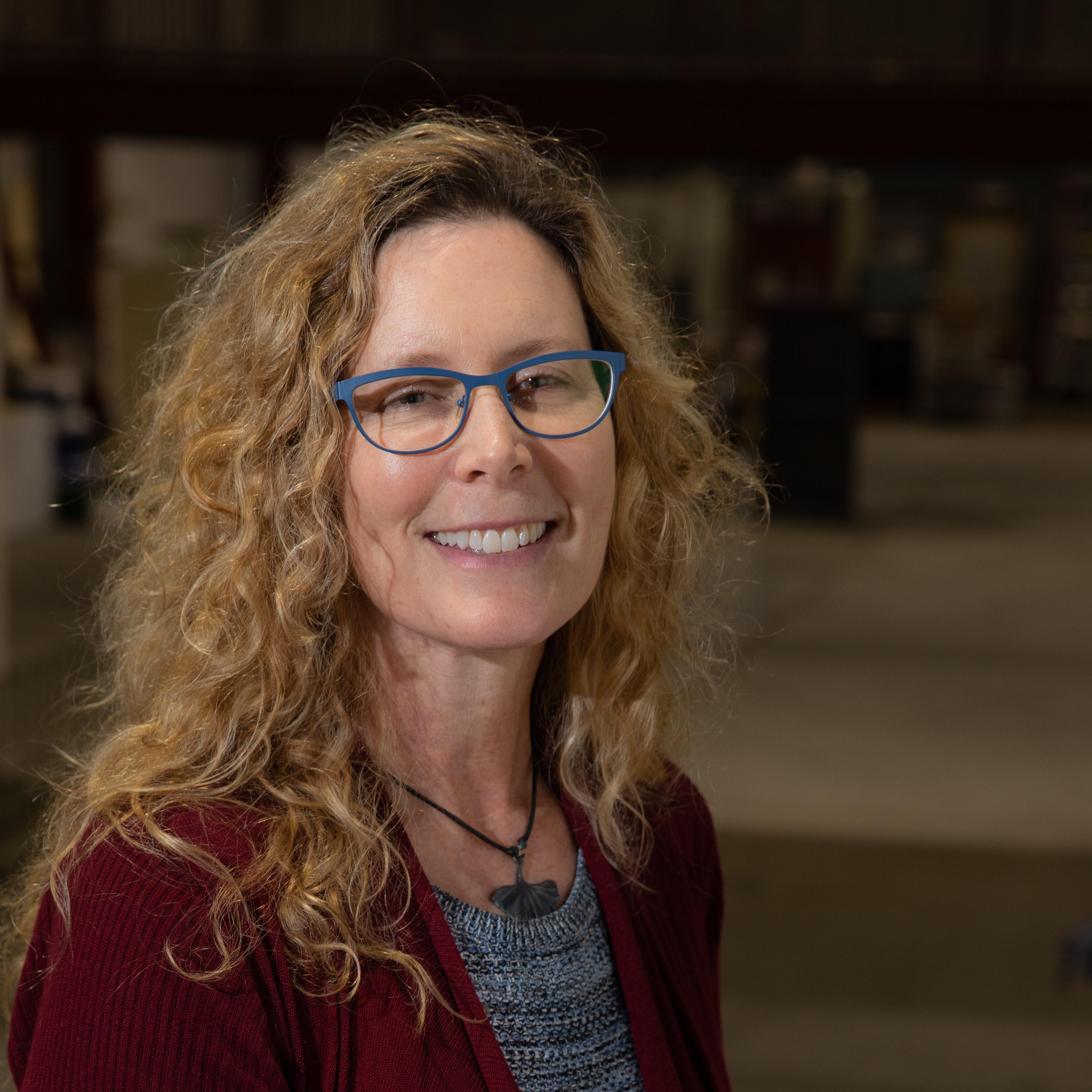
Katharyn Boyer is Interim Executive Director and Professor of Biology at the San Francisco State University Estuary & Ocean Science Center (EOS). Dr. Boyer is broadly interested in the restoration and conservation of coastal habitats, working primarily in salt marshes and seagrass beds. Her research focuses on how species interact with and structure their environments and influence fundamental ecosystem processes. She earned a BS in Zoology at the University of Maryland, College Park, an MS in Biology at San Diego State, and a PhD in Biology at UCLA. She completed postdoctoral work at the University of North Carolina at Chapel Hill before beginning her faculty position at San Francisco State in 2004. She is actively involved in multiple working groups to advance the science of restoration in an era of changing climate, with a focus on protecting shorelines, increasing carbon sequestration, and reducing ocean acidification. She is the lead scientist on several living shorelines projects, which restore habitats such as eelgrass and native oysters while evaluating their roles in shore protection.
She recently contributed to the Resilient by Design Bay Area Challenge and is co-project lead on a multi-year effort to restore eelgrass and assess the habitat for spawning herring following the Cosco Busan oil spill. In addition, she and her students have current projects evaluating factors that influence spread of invasive species and the conservation and restoration of rare species, including an endangered plant (Suaeda californica) that may promote high tide refuge and shoreline resiliency with sea level rise. Dr. Boyer received the CERF William A. Niering Outstanding Educator Award in 2021, as well as the 2021 San Francisco State University Distinguished Faculty Award for Excellence in Teaching.
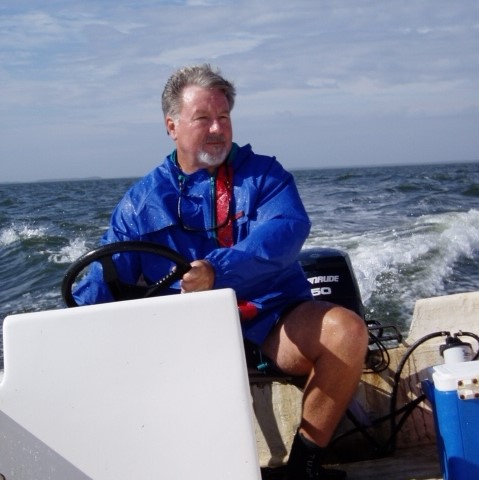
Kenneth L. Heck, Jr., is emeritus Senior Marine Scientist at the Dauphin Island Sea Lab and Professor at the University of South Alabama. Dr. Heck is a marine ecologist whose research has focused on plant-animal interactions in coastal waters, especially seagrass-dominated systems. He has worked primarily on the U.S. Atlantic and Gulf coasts, but has also studied seagrass ecosystems in Central America, Europe, and Western Australia. He has served on several advisory and review panels for state and federal agencies, including the Scientific Advisory Committee for the Mobile Bay National Estuary Program as well as EPA and NOAA panels on nutrient criteria in Florida waters, the effects of sea level rise on the northern Gulf of Mexico, and submerged aquatic vegetation in the Chesapeake Bay.
He was a member of two National Academies studies on Gulf of Mexico restoration. Dr. Heck is Past-President of the Coastal and Estuarine Research Federation and current Reviews and Perspectives Editor for Estuaries and Coasts. He received his B. S. in biology from the University of West Florida, and an M.S. in biology and Ph.D. in ecology from Florida State University.
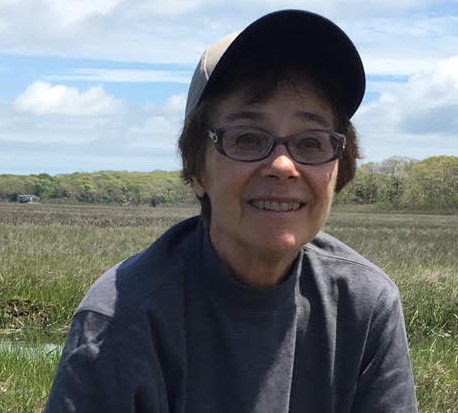 Judith S. Weis is a Professor Emerita of Biological Sciences at Rutgers University, Newark. She received her bachelor's degree from Cornell, and MS and PhD from New York University. Her research focuses mostly on estuarine ecology and ecotoxicology, and she has published over 200 refereed scientific papers, as well as a book on salt marshes (Salt Marshes: A Natural and Unnatural History) in 2009, a book on fish (Do Fish Sleep?) published in 2011, and a book on crabs (Walking Sideways: The Remarkable World of Crabs) in 2012. She is interested in stresses in estuaries (including pollution, invasive species, and parasites), and their effects on organisms, populations, and communities. Judith S. Weis is a Professor Emerita of Biological Sciences at Rutgers University, Newark. She received her bachelor's degree from Cornell, and MS and PhD from New York University. Her research focuses mostly on estuarine ecology and ecotoxicology, and she has published over 200 refereed scientific papers, as well as a book on salt marshes (Salt Marshes: A Natural and Unnatural History) in 2009, a book on fish (Do Fish Sleep?) published in 2011, and a book on crabs (Walking Sideways: The Remarkable World of Crabs) in 2012. She is interested in stresses in estuaries (including pollution, invasive species, and parasites), and their effects on organisms, populations, and communities.
Her research focuses mostly on salt marsh and estuarine ecology and ecotoxicology, and she has published over 250 refereed scientific papers, as well as books for the general public on salt marshes (Salt Marshes: A Natural and Unnatural History), fish (Do Fish Sleep?), crabs (Walking Sideways: The Remarkable World of Crabs), and marine pollution (Marine Pollution: What Everyone Wants to Know). She has also co-edited technical books (Biological Invasions and Animal Behaviour and recently Polluting Textiles: The Problem of Microfibres) She is interested in stresses in estuaries (including pollution, invasive species, and parasites), and their effects on organisms, populations, and communities. Much of her research has been focused on estuaries in the NY/NJ Harbor area, where studies focused on altered behavior and ecology of various species in contaminated estuaries. She serves on the editorial board for BioScience. She is a Fellow of the American Association for the Advancement of Science (AAAS), was a AAAS Science Policy Fellow in the US Senate, and was a Fulbright Senior Specialist in Indonesia. She has been on numerous advisory committees for US EPA, NOAA and the National Research Council and chaired the Science Advisory Board of the NJ Department of Environmental Protection for 12 years. She was the Chair of the Biology Section of AAAS, served on the boards of the Society of Environmental Toxicology and Chemistry (SETAC), the Association for Women in Science (AWIS), and the American Institute of Biological Sciences (AIBS), of which she was the President in 2001. She won the Merit Award from the Society of Wetland Scientists.
|



